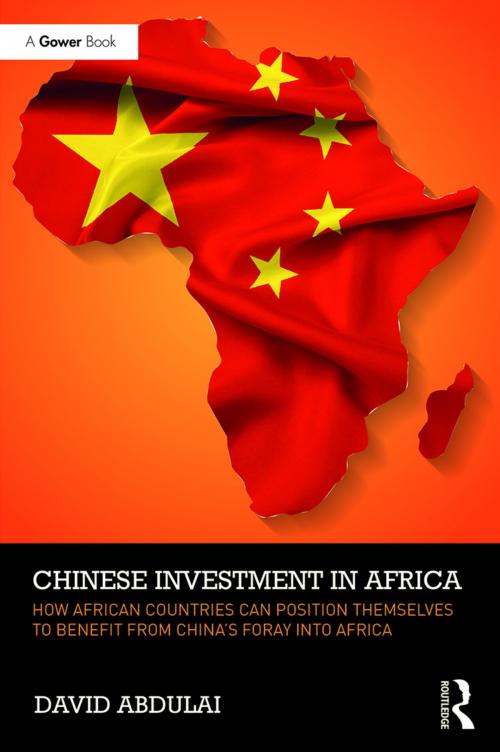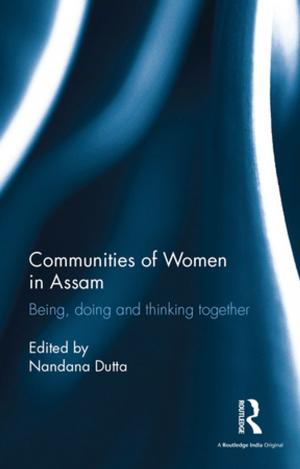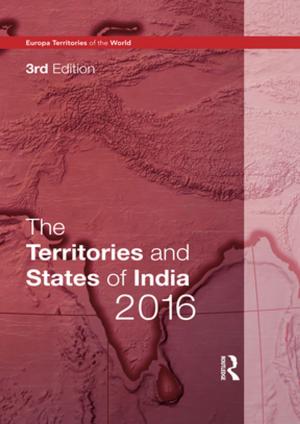Chinese Investment in Africa
How African Countries Can Position Themselves to Benefit from China’s Foray into Africa
Business & Finance| Author: | David N. Abdulai | ISBN: | 9781317166986 |
| Publisher: | Taylor and Francis | Publication: | November 3, 2016 |
| Imprint: | Routledge | Language: | English |
| Author: | David N. Abdulai |
| ISBN: | 9781317166986 |
| Publisher: | Taylor and Francis |
| Publication: | November 3, 2016 |
| Imprint: | Routledge |
| Language: | English |
China leads the world when it comes to investment and influence on the African continent. The extent of Chinese investment in Africa is well known and much has been written about China’s foray into Africa. However, most of the available material has approached this issue by looking at China as the ’New Colonialist’ – more interested in Africa’s vast natural resources than working in partnership for sustained development. Whilst China’s interest in Africa’s resources is evident, it is just half of the story.
China’s foray into Africa goes beyond its appetite for natural resources and into the realm of geo-politics and international political economics. For example, China is all too aware of how it can cultivate Africa’s support on global issues at the United Nations and at other international fora. Breaking free from the binary arguments and analysis which characterize this topic, Professor Abdulai presents a refreshing perspective that China’s foray into Africa can produce win–win outcomes for China and Africa – if Africans really know what they want from China.
Hitherto, each African country has tended to engage China with an individual bucket list; acting in isolation and not as part of a wider continent (indeed Africa and the African Union does not yet have a coordinated policy towards China). For Africa to be able to do that it needs to know where China is coming from, the factors that contributed to its awakening and success, and the benefits and possible pitfalls of this foray, in order to better position itself for a win–win engagement with China.
This book will be a valuable read for policy makers, think-tanks and students of Africa-China studies programmes alike.
China leads the world when it comes to investment and influence on the African continent. The extent of Chinese investment in Africa is well known and much has been written about China’s foray into Africa. However, most of the available material has approached this issue by looking at China as the ’New Colonialist’ – more interested in Africa’s vast natural resources than working in partnership for sustained development. Whilst China’s interest in Africa’s resources is evident, it is just half of the story.
China’s foray into Africa goes beyond its appetite for natural resources and into the realm of geo-politics and international political economics. For example, China is all too aware of how it can cultivate Africa’s support on global issues at the United Nations and at other international fora. Breaking free from the binary arguments and analysis which characterize this topic, Professor Abdulai presents a refreshing perspective that China’s foray into Africa can produce win–win outcomes for China and Africa – if Africans really know what they want from China.
Hitherto, each African country has tended to engage China with an individual bucket list; acting in isolation and not as part of a wider continent (indeed Africa and the African Union does not yet have a coordinated policy towards China). For Africa to be able to do that it needs to know where China is coming from, the factors that contributed to its awakening and success, and the benefits and possible pitfalls of this foray, in order to better position itself for a win–win engagement with China.
This book will be a valuable read for policy makers, think-tanks and students of Africa-China studies programmes alike.















